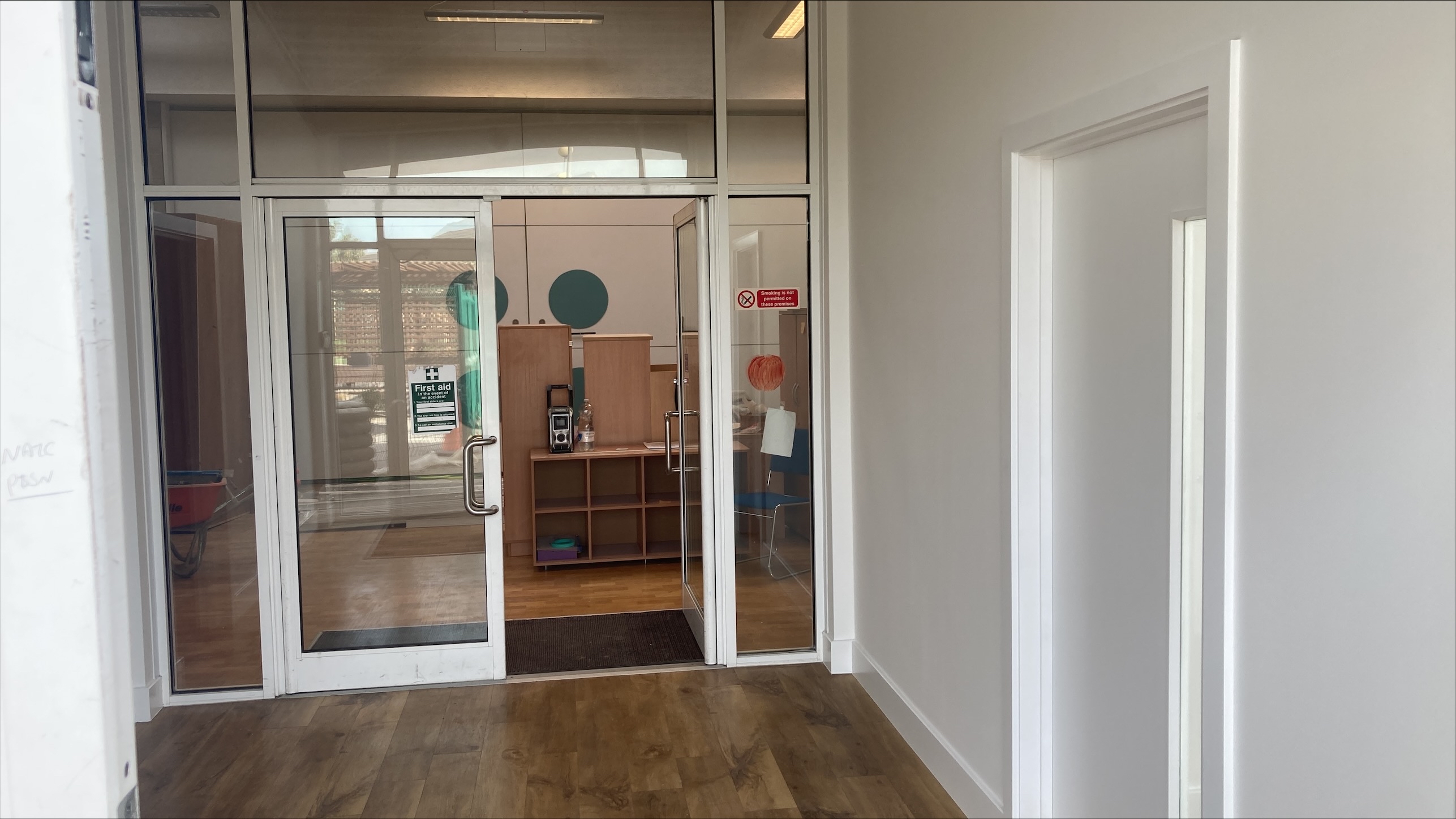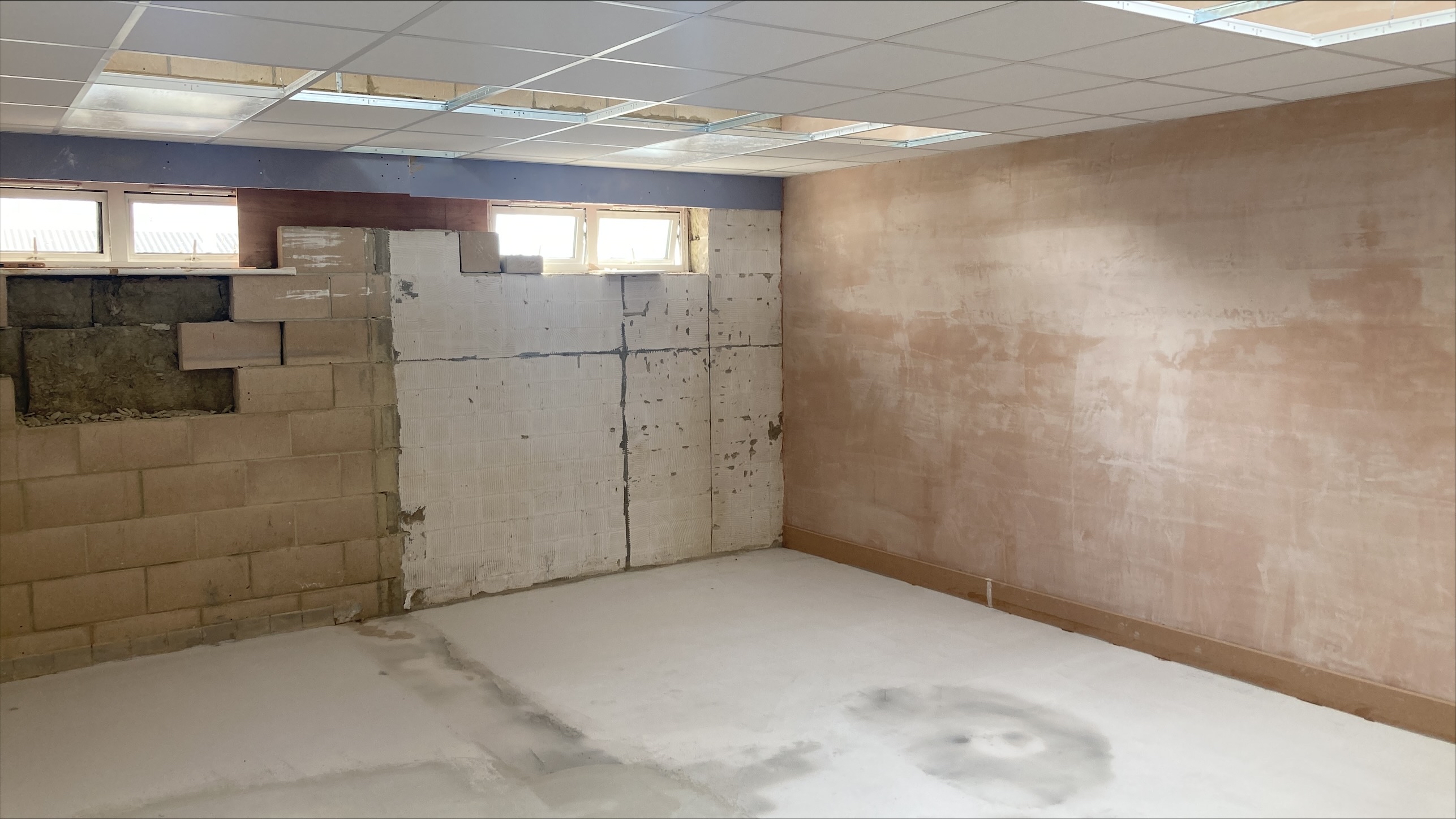Dear parents and carers,
Institute of Imagination
It has been another fun-filled week of learning at William Ford. This week we have been privileged to welcome the Institute of Imagination who have led sessions across the school. Year Three and Four have developed their artistic skills whilst considering the environment: using natural resources from herbs and spices to plants and vegetables to paint some beautiful landscapes. Meanwhile, Year Five have been linking literacy to computing as they embarked on digital storytelling. Across all of this, our core skills of creativity, collaboration, critical thinking and communication have been developed - all key skills that are valued by employers.
The Learning Zone - our new special educational needs base
It is always frustrating when building works over run - and this is no exception as we were hoping to have this brand-new facility open at the start of year. However, we have been informed that our new softplay, sensory room and one of our two classrooms will be ready in just over a week's time. A small number of pupils will be receiving the majority of their education within this new facility, whilst others will drop in for interventions and support when timetabled. Below are some pictures showing how things are progressing.



Pupil voice group elections
It has been an exciting time of manifesto writing, campaigning and voting at William Ford has our pupils stand to represent their classes in our various pupil voice groups. It was great to broadcast on our radio station the results of the election, but in case you missed it, here are the final results.

My thanks to all of the children who were prepared to stand to represent their class. Also to Miss Isaac-Wilson, Mr Wakeford and Mrs Legg for running each of these groups and to Mr. Wakeford for co-ordinating these elections.
Homework queries
I have received a couple of queries about how parents can support their children at home when, as a school, we have decided not to set homework. Here are some ideas and some clarification.
Having worked in five different schools, with five very different approaches to this topic, it is clear there are a lot of different views. I also know that if I speak to five different parents, I would get five very different responses! I have also been very active discussing this topic on some educational leadership forums, which also sparked a lot of interest.
Those of you who follow the news will be aware that pay was only one small part of the current teacher strikes. These also cover school funding and teacher workloads. The government are very clear that it is not good for teachers to be working at home after working hours. So why do we expect children to do this? We all expect to be able to leave work at our place of employment, then be able to relax - spend time with families and friends at home. So again, why do we not provide this for our children? Are we bringing up children to think that home is an extension of the workplace? The school leadership spends time looking at how we can protect teacher work-life balance. It is time we also did this for our pupils.
There is no educational research that shows that homework has a significant impact on pupil progress at primary age. Most schools who responded to my post on the forums had either already stopped setting homework or only did this because parents expected it. If you are a parent who expects homework, let me list some more beneficial activities to undertake with your children:
- Having a conversation - asking them about their day. We recognise that a lot of our pupils struggle to talk to adults and to justify their views. How much practise are they getting at this incredibly important life skill at home? Again research shows that families where parents are not constantly on their mobile phones, or place their earbuds in on the school run have children who are more articulate, have better vocabulary and achieve higher outcomes. As a parent, I do understand the temptation to disengage from the world at times but do consider the impact this could have on your child.
- Take them shopping with you. Let them pay for items and count the change. They will learn much more about money from being in a shop or market than from any worksheet.
- Throughout your conversations, regularly ask them what the time is. What time does their favourite TV programme start, when does it finish? How long is it on for? Our whole curriculum is based on 'purposeful learning' - this provides a purpose for learning about time.
- Cook with them. This involves weighing and measuring, reading recipes, setting timers etc - all examples of purposeful learning along with teaching a life skill. Again, far more engaging than a worksheet.
- Encourage an out of school interest. This could be sport, music, drama or fitness based, or could be attending a local church youth group. All of this promotes mental wellbeing, fitness, social skills, team work and problem-solving.
Of course, we know that some children actually really do enjoy working at home or want to practise a certain skill. Some families love completing projects together. Maybe your child was inspired by a recent science unit on space or wants to learn more about volcanoes. Maybe they really want to write at home in order to practise their handwriting. If that is what your child would like then by all means let this happen. If children want ideas from a teacher then I am sure they will oblige. All we are trying to do is ensure that all children have a healthy balance between work, rest and play - something that is important for all of us! We also hope this takes the pressure off working families to complete homework but please, do still read with your children!
I pray you all have a wonderful weekend.

Mr. David Huntingford
Headteacher